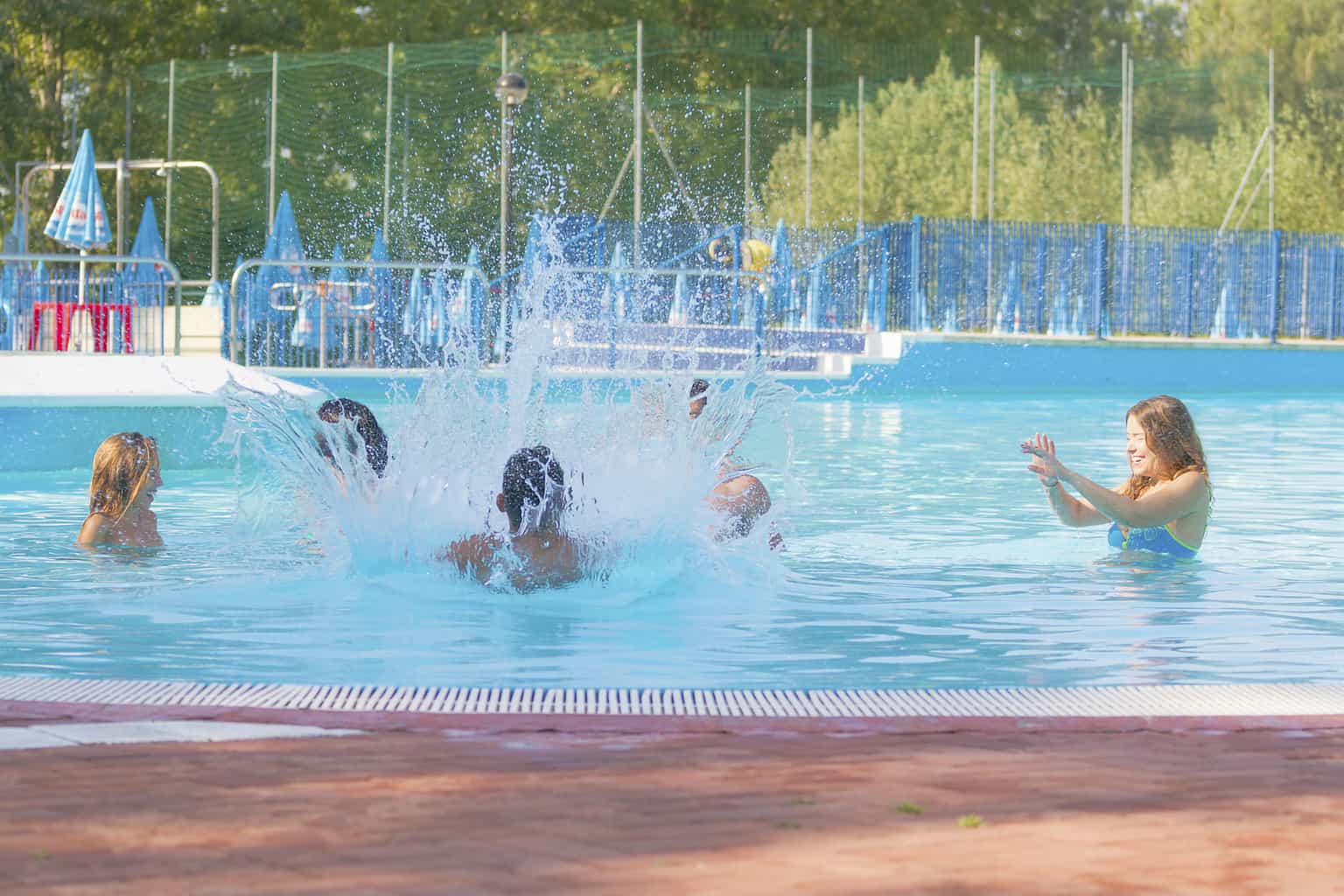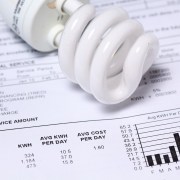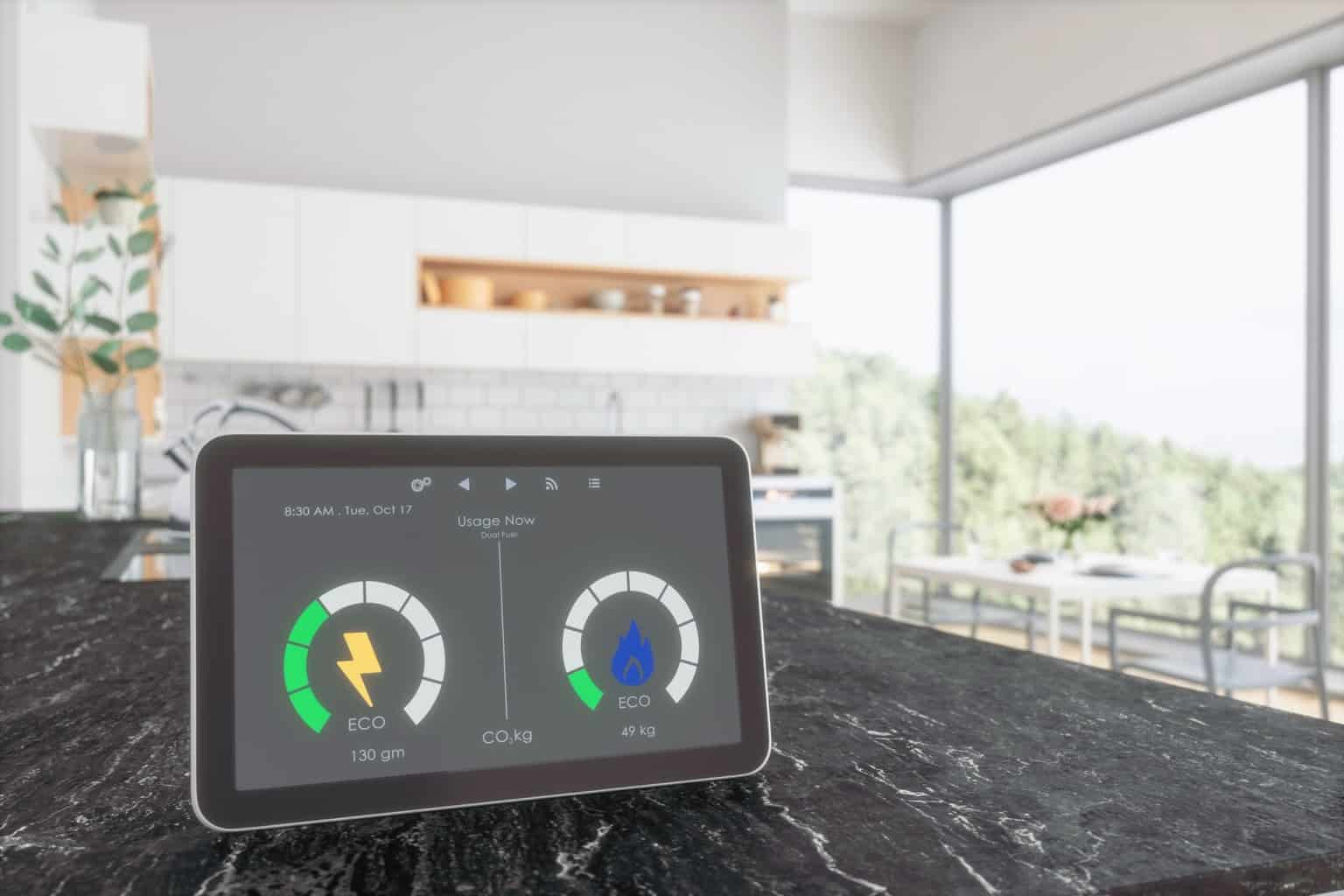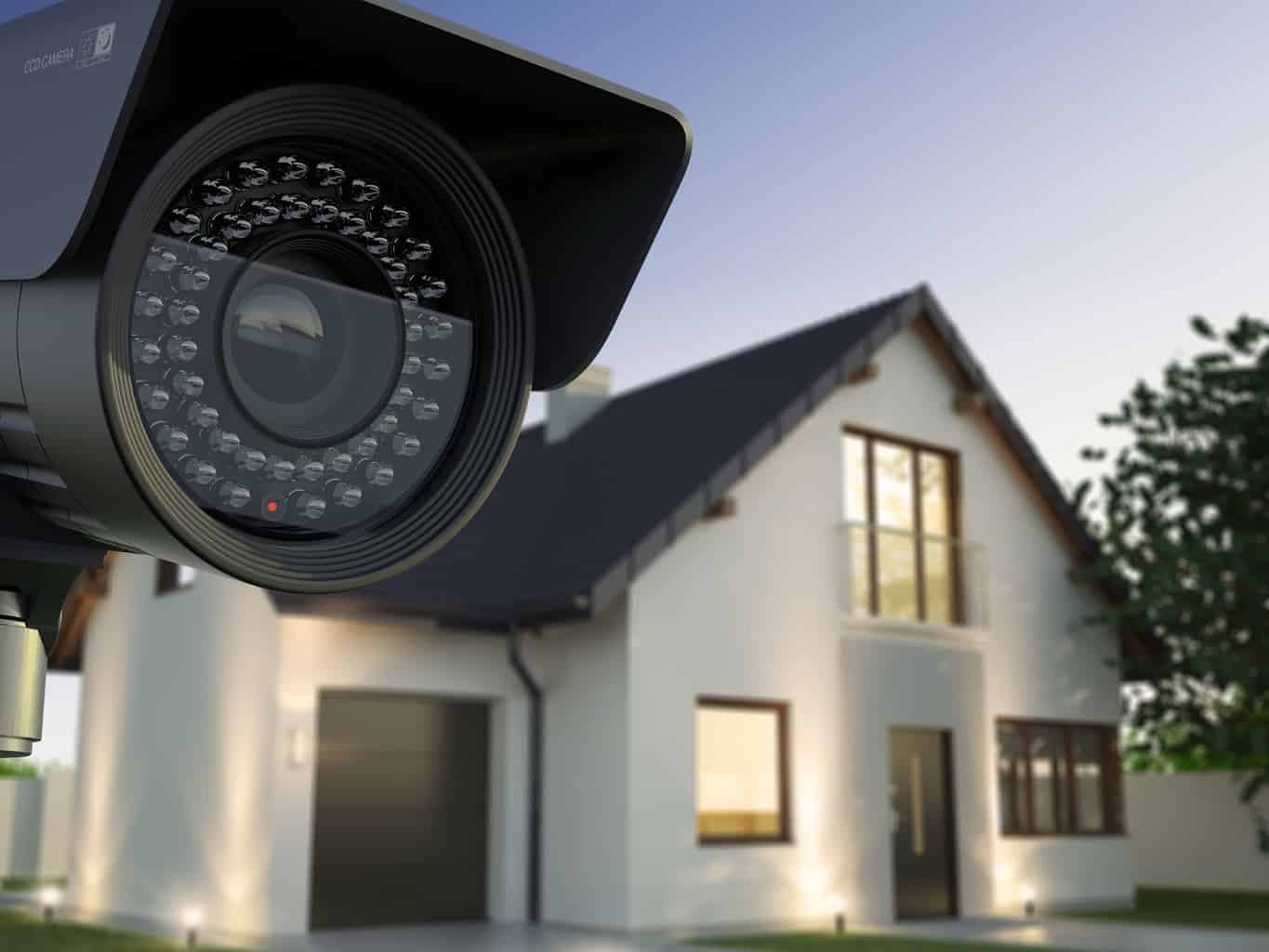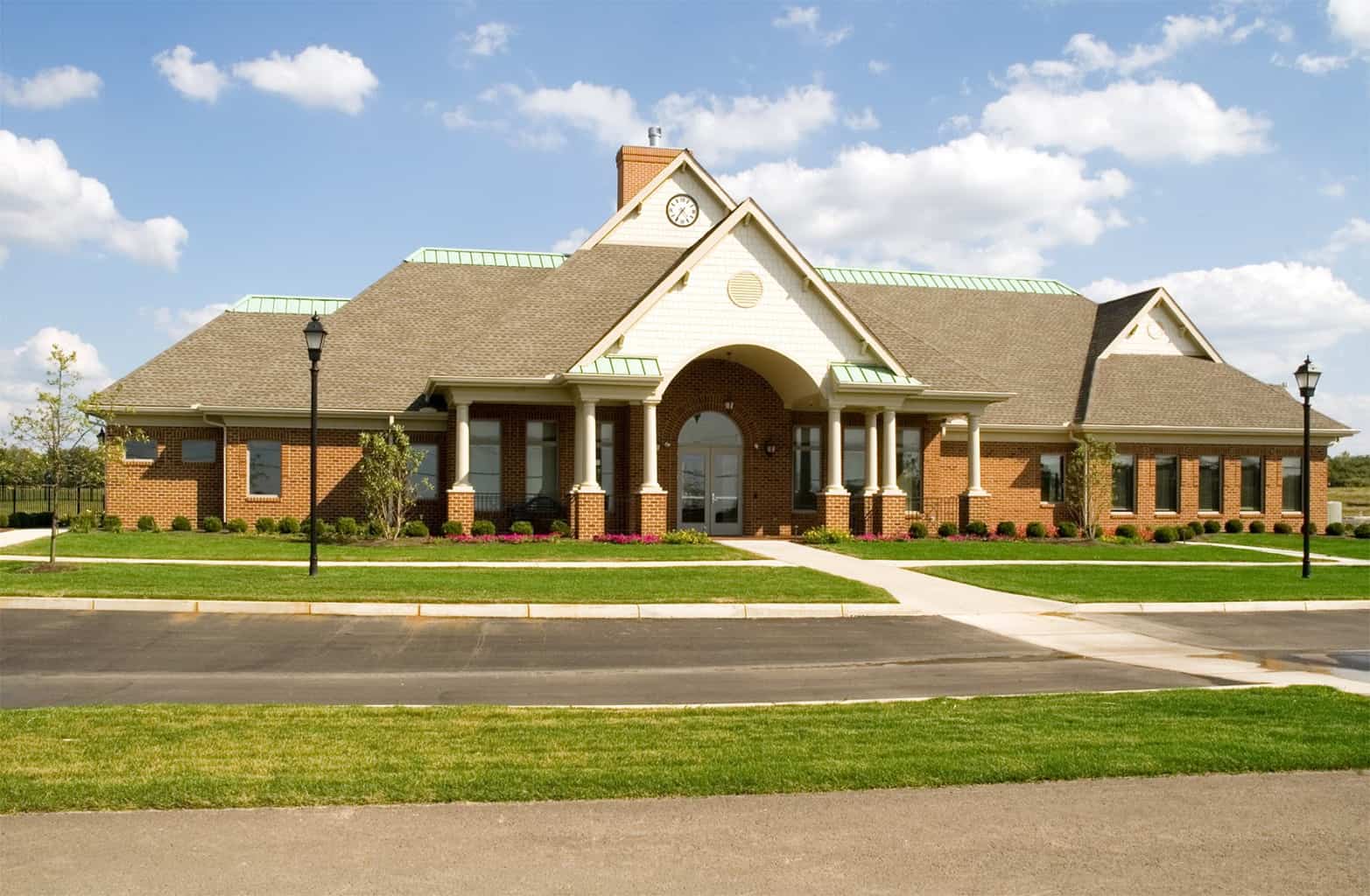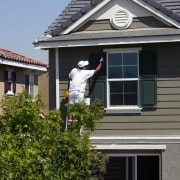Frequently Asked Questions About HOA Pet Ownership
Pets are an integral part of any family, whether you have a playful pup or a kitten to curl up with. When you move into an HOA, you may find that your community association has rules and restrictions regarding your pets, whether it’s what types of breeds you can own or where you can take your animal within the neighborhood. Rules vary so greatly between each independent association, so it can be difficult to know exactly what’s allowed and what isn’t. Here are some of the most common questions that we’re asked about pet ownership within a community association.
Can my HOA restrict what type of pet I adopt?
Yes, it is legal for community associations to have restrictions on the size, breed, or species of pet that you’re allowed to have in your home. Many HOAs will often ban dog breeds known for being especially aggressive, such as pit bulls, and HOAs within apartments tend to have a weight limit for any dogs permitted in the building. More common animals like dogs or cats are usually okay, but your HOA may ban other species of pets such as birds or ferrets. As with anything, it’s always best to inform your HOA board of your intent to adopt and ensure that your chosen animal is permitted.
How many pets can I have?
Some homeowners associations will allow you to have as many pets as you’d like and won’t have any pre-existing restrictions in place. Others, however, may permit you to only have one, two, or three animals in your home at a time. Review your CC&Rs and ask your HOA board if you’re considering adopting another pet but you’re unsure of any limitations on the number of pets permitted.

What about service or support animals?
If you need a service animal due to physical disabilities, these pets are exempt from any standard HOA pet restrictions. Even if your HOA has a sweeping ban on all pets, they are not legally permitted to ban service animals in the vast majority of circumstances. Make sure that you have all proper documentation for your service animal and thoroughly research service animal laws in your state. In the case of emotional support animals, there is less clarity. Although they also generally must be permitted in most states, there will be more restrictions on them than with service animals. They may be confined to certain areas of the association, for example, in order to accommodate other residents with documented allergies.
If you live in one of The Management Trust’s communities and you have any questions about pet ownership within your community association, give us a call today for assistance in navigating your neighborhood’s rules and restrictions.



